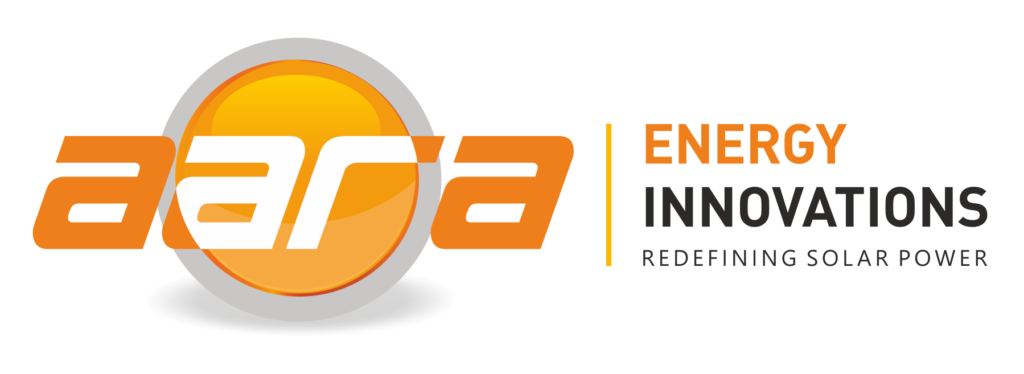
RE100 and Solar Energy
Integrating solar rooftop systems with RE100 goals positions companies as pioneers in the transition to a low-carbon economy.
Key Benefits of Solar Energy for Manufacturing:
Solar rooftops provide a direct source of clean energy, reducing dependency on grid electricity, which is often generated from fossil fuels. This leads to:
✅ Lower energy bills – Solar power offsets electricity costs, resulting in long-term savings.
✅ Less exposure to energy price volatility – With rising power tariffs, generating your own electricity ensures price stability.
✅ Return on Investment (ROI) – Most solar rooftop systems break even within 2-3 years, after which energy is virtually free.
- Lower Energy Costs – Reduces dependence on grid electricity and minimizes energy bills.
- Sustainability Compliance – Helps industries meet global sustainability goals and regulations.
- Energy Independence – Provides a stable and predictable power source.
- Government Incentives – Tax benefits, subsidies, and accelerated depreciation lower upfront costs
- Scalability – Can be expanded based on energy requirements.

Reducing Grid Dependency and Enabling Energy Efficiency
Solar rooftops contribute to decentralized energy generation, reducing the burden on centralized power plants and transmission infrastructure. This minimizes line losses and enhances overall energy efficiency. Additionally, surplus solar energy can be fed back into the grid through net metering, promoting a more sustainable energy ecosystem.
Alignment with ESG and Sustainability Goals
Sustainability is no longer a buzzword—it’s a critical component of corporate strategy. Installing solar rooftops aligns with Environmental, Social, and Governance (ESG) goals, making companies more attractive to investors, stakeholders, and environmentally conscious consumers.
✔ Green certifications and carbon credits
✔ Enhanced brand reputation
✔ Compliance with global sustainability mandates





